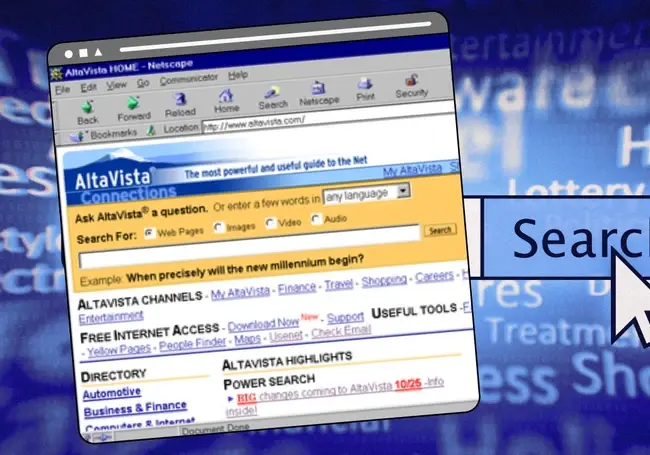
What’s Really Driving Your Retirement Account
If you’ve ever watched the news and then checked your portfolio, you may wish you hadn’t. Oil prices spiked after U.S. and Israeli strikes on Iran, and tariff announcements in early April sent stocks tumbling. Yet in each case markets absorbed the shocks, stabilized and recovered. U.S. economic growth forecasts are generally resilient, and many stocks have reached new highs.
Even for seasoned financial analysts, it is difficult to predict when an event will cause lasting disruption. However, over time, patterns emerge.
We studied those patterns by analyzing the most important geopolitical events since the 2008 global financial crisis, including the Arab Spring, Russia’s invasions of Ukraine, the Covid pandemic and today’s trade disputes. We measured changes in the price levels of important assets — equities, currencies, bonds and commodities — by tracking changes over the five days leading up to an event and the 10 days after. Our analysis gave us a sense of the types of shocks that create significant and lasting market effects.
What we discovered may surprise investors. We found that many headline-grabbing world events, even military conflicts, did not move markets as significantly as many assume. Instead, the largest shifts often came from broader, longer-term geopolitical disruptions that put pressure on the mechanisms underpinning the global economy, particularly those that hit economic fundamentals. We found five patterns that drive market shocks.












